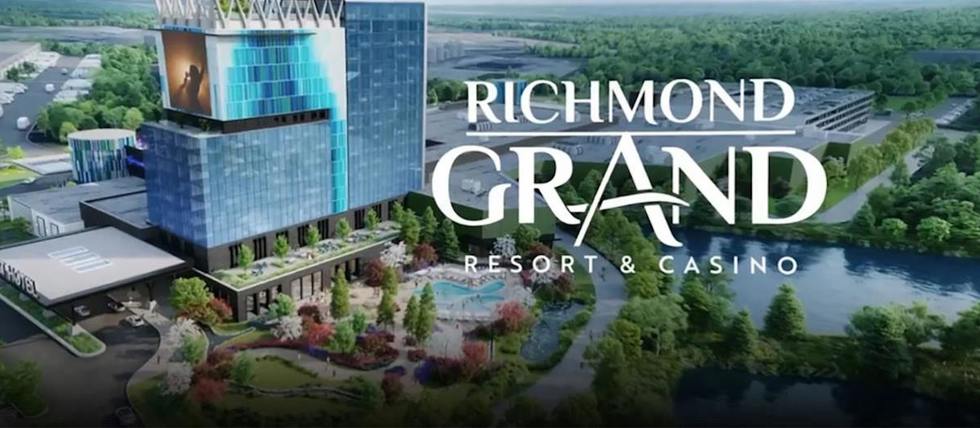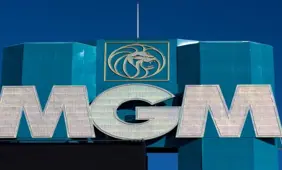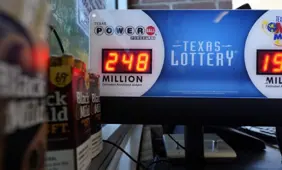Economical Role and Tax Impact of Potential Richmond Casino

Richmond, Virginia, stands at a pivotal crossroads as it contemplates the potential benefits and drawbacks of a new casino. Gaming and gambling have taken center stage in discussions about the city's economic future, with the promise of substantial tax revenue and opportunities for community development.
The Casino's Financial Promise
A 2021 city-commissioned study highlighted that the proposed Richmond Grand Resort and Casino could yield substantial tax revenue for the city. The study projected a "win per visit" of approximately $120, with an estimated 2.2 million visitors annually. While the upfront payment of $26.5 million from Urban One and Churchill Downs would kickstart a $7 million investment in a childcare facility at the T.B. Smith Community Center, the real financial windfall would come from ongoing tax revenue.
Convergence Strategy Group (CSG) conducted an independent assessment of Richmond's gaming market, estimating that nearly $30 million in new tax revenue would be generated by the casino. Of this, approximately 64% would originate from gaming revenues, while food and beverage and property taxes would each contribute around 11%.
Despite the emphasis on the casino being a "destination resort," CSG's findings indicated that a significant portion of the revenue (87%) would come from Richmond-region residents, including areas as far as "Outer DC Maryland." This revelation raises questions about the casino's impact on the local economy.
Around 22% of gaming revenue would be generated by Richmond City residents, with the downtown core expected to see the highest number of visits. While this influx of visitors could stimulate economic activity, concerns have been raised about property tax assessments surging in the areas surrounding the casino, potentially exacerbating economic disparities.
Related: Richmond City to Hold Second Referendum on One Casino Project
Opposition and Uncertainty
Critics of the casino referendum argue that it would create "meager employment opportunities" and drive up local costs, particularly for marginalized communities. A student group named S.A.U.C.E. has been vocal in their opposition, citing concerns about deepening economic disparities in the city.
Despite a record-breaking $10 million spent on advocating for the casino, the outcome of the referendum remains uncertain. Mayor Levar Stoney acknowledges the closeness of the vote, emphasizing that it could be "razor thin." The decision will ultimately rest in the hands of Richmond's voters, who must weigh the potential financial benefits against the possible socioeconomic challenges posed by the casino.
Richmond's potential casino tax revenue represents both an opportunity and a challenge for the city. While the infusion of funds could support community projects and development, there are valid concerns about its impact on local residents and neighborhoods. As the referendum looms, Richmond faces a critical decision that will shape its economic future and define its commitment to addressing inequality and economic disparities.
More Business News
RELATED TOPICS: Business
Most Read
Must Read
 Interviews
Interviews
Sweepstakes Casinos: Thriving in an Ever-Changing Industry – Interview with Attorney Stephen C. Piepgrass
Feb 17, 2025 Interviews
Interviews






Review this New Post
Leave a Comment
User Comments
Comments for Economical Role and Tax Impact of Potential Richmond Casino